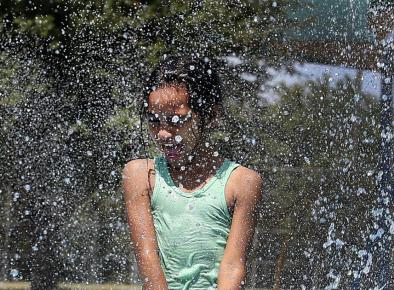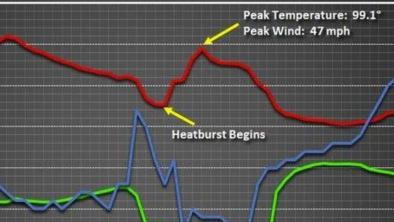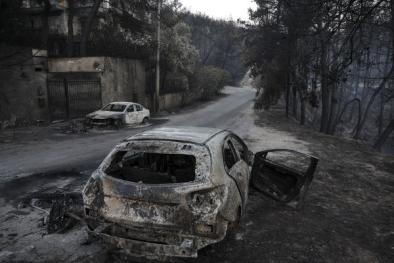Science Source
Anthropogenic influence on the changing likelihood of an exceptionally warm summer in Texas, 2011
- Investigates the impact of anthropogenic forcing on the probability of high mean summer temperatures being exceeded in Texas in the year 2011 using an atmospheric circulation model to simulate large ensembles of the world with 2011 level forcing and 5 “counterfactual” worlds under preindustrial forcing
- States that in Texas, drought is a strong control on summer temperature, so an increased frequency in large precipitation deficits and/or soil moisture deficits that may result from anthropogenic forcing could magnify the regional footprint of global warming
- Does not detect, however, a simulated increase in the frequency of large precipitation deficits, or of soil moisture deficits, from preindustrial to year 2011 conditions
- Finds that the likelihood of a given unusually high summer temperature being exceeded was simulated to be about 10 times greater due to anthropogenic emissions, despite the lack of enhancement to warming via these potential changes in the hydrological cycle
Related Content
Science Source
| Science
Atmospheric blocking as a traffic jam in the jet stream
Noboru Nakamura, Clare S. Y. Huang
Headline

Jul 26, 2018 | Waco Tribune
At 114, Waco sets all-time temperature record
Headline

Jul 26, 2018 | The Weather Channel
Rare Texas Heat Burst Sends Temperatures Soaring to 99 Degrees Overnight
Headline

Jul 26, 2018 | Bloomberg
Kink in the Jet Stream and Climate Change Spur Extreme Weather


